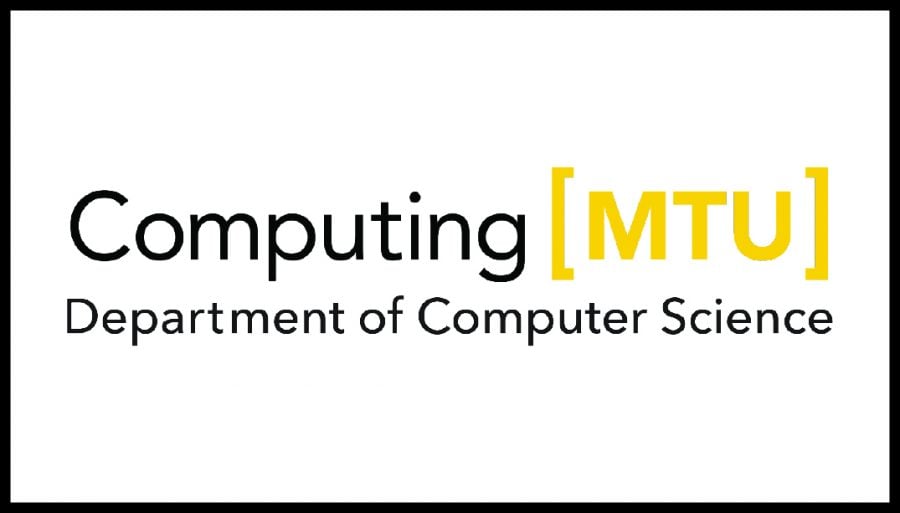
A Department of Computer Science Colloquium lecture titled, “Black Box or Sandbox: Computational Approaches to Interpreting Michigan’s Clean Slate Law” will take place Friday, November 10, 2023, from 3-4 pm in Rekhi 214 and via Zoom online webinar.
The talk will be presented by Associate Professor Ali Ebnenasir, Computer Science; Associate Teaching Professor Susanna Peters, Social Sciences; Associate Professor Charles Wallace, Computer Science; and graduate student Josh Alele-beals, Computer Science.
Talk Title
Black Box or Sandbox: Computational Approaches to Interpreting Michigan’s Clean Slate Law
Talk Abstract
The U.S. State of Michigan’s Clean Slate Statute, defining conditions under which prior convictions can be removed from an individual’s public record, has allowed thousands of people to lead freer and more productive lives. Yet the complex and evolving nature of the law has led to confusion, disagreement, and uncertainty. The Clean Slate law went into effect in 2021, allowing individuals to apply for an expungement from the court in which they were convicted. The law also required the Michigan State Police to find a way to automate this process within two years. In compliance with that mandate, the Michigan State Police have implemented and deployed a “Rules Engine” in 2023 that automatically detects some expungeable convictions and removes them from individuals’ records. The Rules Engine has greatly increased the throughput of set-aside cases and scaled up the benefits of the Clean Slate law, but in its current form it is a black-box solution with minimal explanation for the general public. There is a risk that this automation will diminish individuals’ sense of agency and engender a passive attitude toward their criminal records.
In this presentation, we articulate some of the confusion and disagreement over the interpretation of the Clean Slate statute, through interviews with legal professionals. Next, we explain the operation of the Rules Engine, following the relatively sparse explanation available, and we discuss the consequences of this effective but inscrutable tool. Finally, we present our initial work on an alternative computational approach: a “digital sandbox” for legislators, lawyers, judges, and citizens to define and explore the consequences of legislation. The sandbox environment will allow differing interpretations of statutory law, or various revisions to existing law, to be expressed formally and compared through automated analysis. We see computation as a way not only to expand the benefits of criminal justice reform but also to enhance individuals’ understanding and agency with regard to the law.